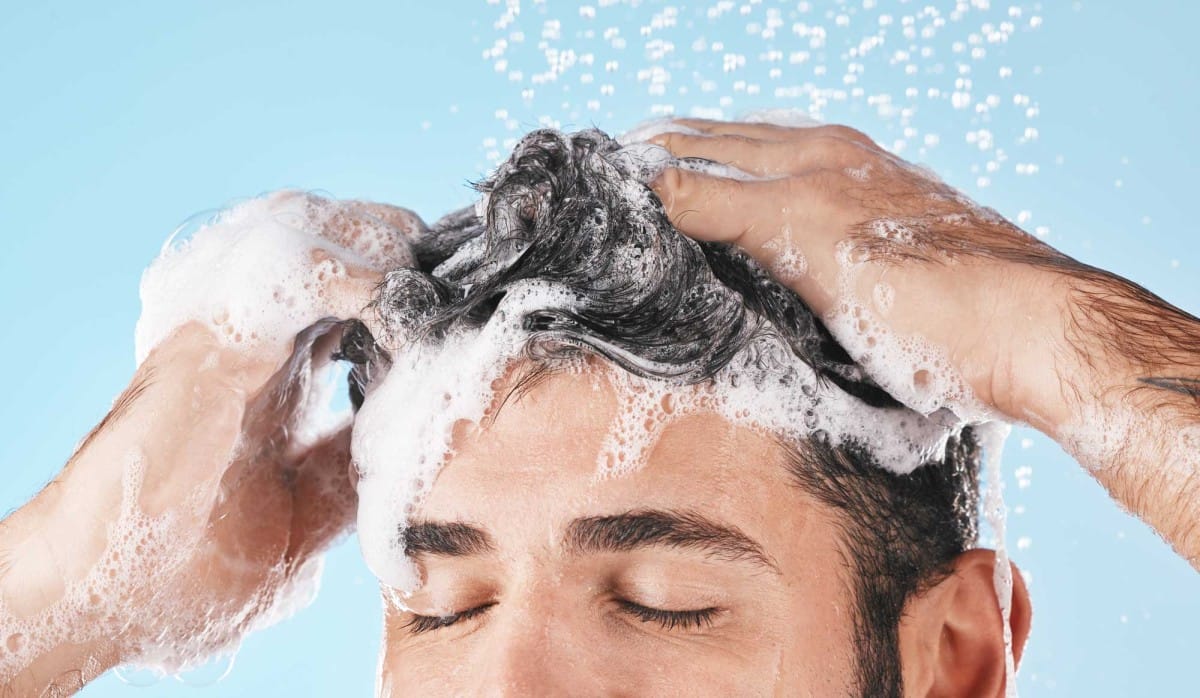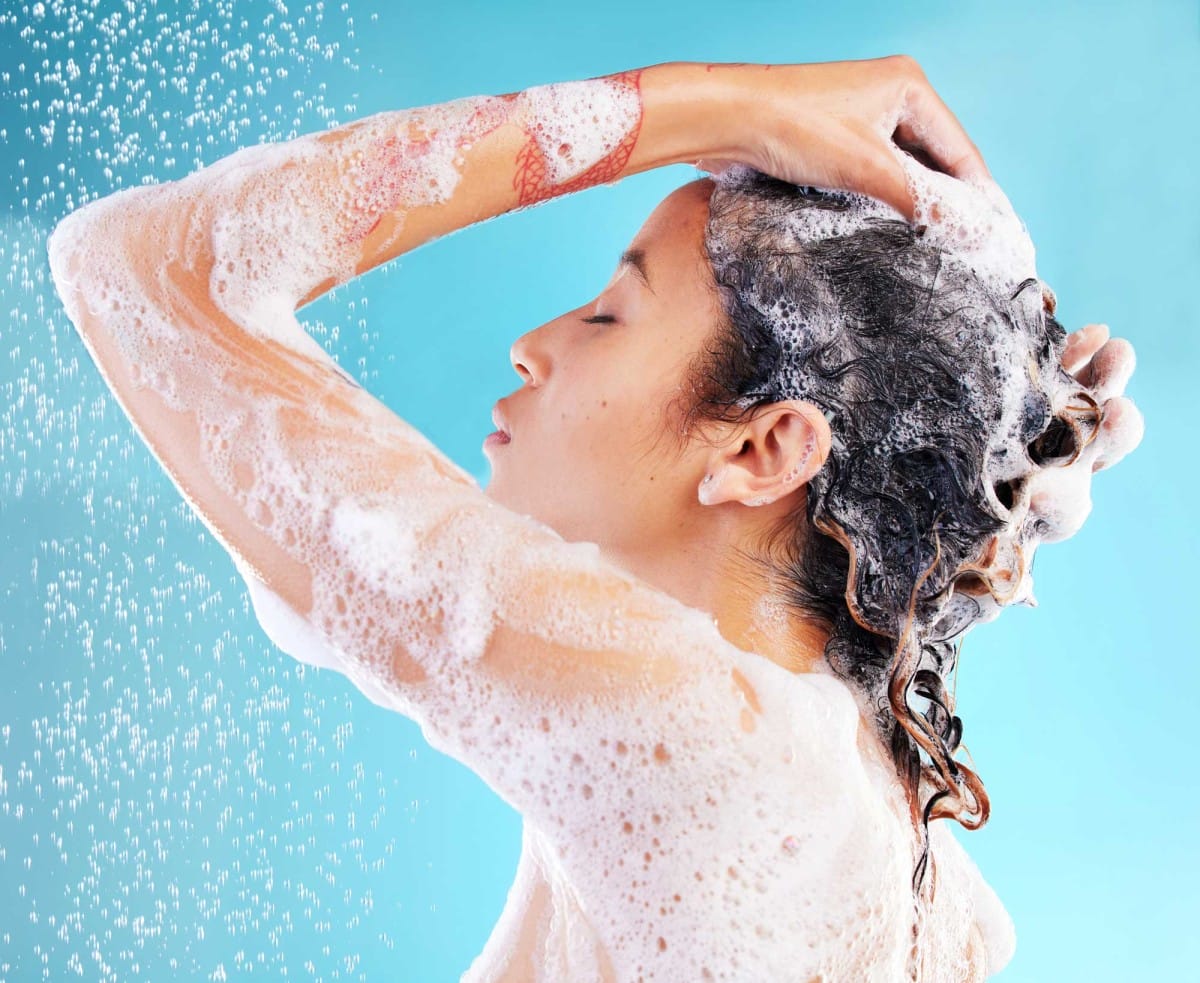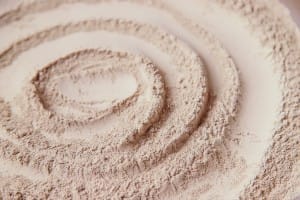Beauty
How to Choose the Right Shampoo and Conditioner for Your Hair Type
Walking down the hair care aisle can feel like stepping into a labyrinth. Shelves lined with hundreds of options, all promising shinier, healthier hair, can make choosing the right shampoo and conditioner overwhelming. Picking the wrong one isn’t just a waste of money—it can throw your hair’s natural balance off, leading to dryness, oiliness, or even scalp irritation.
The right shampoo and conditioner do more than just clean and soften. They nourish, protect, and enhance your hair’s natural texture and health. Whether your hair is fine, curly, color-treated, or prone to frizz, making the right choice is crucial. Understanding your hair’s specific needs will help you find products that work with it—not against it.
Identifying Your Hair Type
Before choosing a shampoo and conditioner, you need to know your hair type. Hair varies in thickness, oil production, porosity, and curl pattern, all of which determine what it needs.
Fine hair tends to lack volume and can become greasy quickly. It needs lightweight formulas that cleanse without weighing strands down.
Thick hair often requires extra hydration to keep it manageable and healthy. Heavy-duty moisturizing ingredients help maintain smoothness and control frizz.
Curly hair is prone to dryness because natural oils struggle to travel down the length of the hair shaft. Sulfate-free shampoos and rich conditioners with nourishing oils can help.
Oily hair produces excess sebum, making it feel greasy soon after washing. A balancing shampoo that removes buildup without over-drying is key.
Dry or damaged hair craves moisture and repair. Hydrating and protein-rich formulas restore strength and elasticity.
The Right Shampoo for Every Hair Type
Not all shampoos are created equal. Some remove excess oil, while others hydrate, add volume, or protect color. Understanding shampoo ingredients will help you make an informed choice.
If you have fine hair, look for a volumizing shampoo with lightweight cleansers like panthenol or proteins that boost fullness. Avoid heavy oils and silicones that can flatten hair.
For thick or coarse hair, a moisturizing shampoo with shea butter, coconut oil, or glycerin helps soften and smooth strands. These ingredients prevent excessive frizz and maintain hydration.
Curly hair thrives with a sulfate-free shampoo that doesn’t strip away natural oils. Ingredients like argan oil, aloe vera, and honey provide hydration without disrupting curl patterns.
If your hair gets oily fast, use a clarifying shampoo with ingredients like tea tree oil, charcoal, or apple cider vinegar. These remove buildup and balance the scalp without over-drying.
Color-treated hair needs a color-safe shampoo free from sulfates and harsh detergents. Look for UV protection and color-preserving ingredients like sunflower extract or keratin to maintain vibrancy.
For dry or damaged hair, a repairing shampoo with keratin, biotin, or hyaluronic acid helps restore elasticity and hydration while preventing further breakage.
The Right Conditioner for Your Hair Type
Conditioner isn’t just about making hair feel soft—it’s essential for strengthening, detangling, and sealing in moisture. Choosing the right one prevents unnecessary damage and improves manageability.
Fine hair benefits from a lightweight, volumizing conditioner that won’t weigh it down. Look for formulas with proteins, like wheat or rice protein, that add body without heaviness.
Thick hair requires deep hydration with ingredients like shea butter, coconut oil, or ceramides to lock in moisture and keep hair smooth.
Curly hair loves ultra-nourishing conditioners that define curls and combat frizz. Ingredients like avocado oil, jojoba oil, and glycerin help maintain curl shape and hydration.
If your scalp tends to get greasy, use a balancing or lightweight conditioner on the mid-lengths and ends rather than the roots to avoid excess oil buildup.
For color-treated hair, a color-protecting conditioner with antioxidants, amino acids, or UV filters will help maintain color longevity and prevent fading.
Dry or damaged hair needs intensive moisture, so choose a conditioner with keratin, silk proteins, or argan oil to rebuild strength and restore shine.

Common Shampoo and Conditioner Mistakes
Using the right products isn’t enough—how you use them matters just as much. Many people unknowingly damage their hair through improper washing and conditioning habits.
Washing too often strips the scalp’s natural oils, leading to dryness or excess oil production. Most people only need to shampoo two to three times a week, unless they have very oily hair.
Applying conditioner to the scalp can cause buildup and greasiness. Always focus on the mid-lengths and ends, where hair needs the most hydration.
Using the wrong water temperature affects hair health. Hot water can dry out the scalp and make hair brittle, while lukewarm water helps maintain hydration and smoothness.
Choosing a shampoo with sulfates when your hair is dry or curly can worsen frizz and breakage. Sulfate-free options are gentler and preserve natural moisture.
Not switching shampoos seasonally can leave hair lacking proper care. Winter months often require extra hydration, while summer might call for lighter, protective formulas.
FAQs
How do I know if I’m using the wrong shampoo and conditioner?
If your hair feels dry, greasy, or lacks volume despite regular washing, your products may not be suited to your hair type. Signs like increased frizz, excessive tangles, or scalp irritation also indicate a mismatch.
Should I use shampoo and conditioner from the same brand?
It’s not necessary, but using a matching set ensures compatibility. Some shampoos cleanse more aggressively, requiring a complementary conditioner to restore balance.
How often should I switch shampoos?
If your hair is responding well, there’s no need to switch. However, seasonal changes or hair treatments (like coloring) may require adjusting your products.
Is conditioner necessary if I have oily hair?
Yes, but only apply it to the ends. Skipping conditioner can lead to dryness and damage, prompting your scalp to produce even more oil to compensate.
Can I use a deep conditioner instead of a regular conditioner?
Deep conditioners are meant for occasional use, typically once a week, to provide extra nourishment. Using them daily may lead to over-conditioning, making hair limp or greasy.
Choosing Wisely for Healthier Hair
Shampoo and conditioner are more than just cleansing products—they are the foundation of healthy hair. By understanding your hair’s specific needs and choosing the right ingredients, you can enhance its natural beauty while preventing common issues like dryness, breakage, and excess oil.
Investing in the right formulas makes a difference in how your hair looks and feels every day. Instead of chasing trends or falling for marketing buzzwords, focus on what truly benefits your hair type. With the right approach, every wash day can leave your hair stronger, healthier, and more vibrant.




